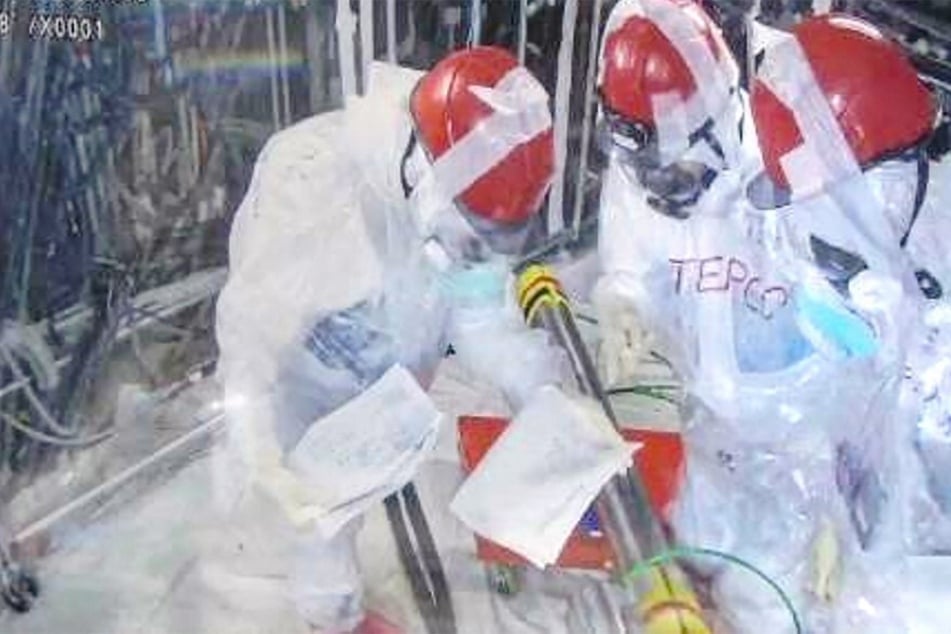Japan to resume trial removal of radioactive Fukushima nuclear debris amid safety concerns
Fukushima, Japan - The operator of Japan's stricken Fukushima nuclear plant will resume an operation to remove a sample of highly radioactive material next week, reports said Friday, after having suspended the effort over a technical snag.

Extracting the estimated 880 tons of highly radioactive fuel and debris inside the former power station remains the most challenging part of decommissioning the facility, which was hit by a catastrophic tsunami in 2011.
Radioactivity levels inside are far too high for humans to enter, and last month engineers began inserting an extendable device to try and remove a small sample.
However, operator Tokyo Electric Power Company (TEPCO) had to halt the procedure after noticing that remote cameras on the apparatus were not beaming back images to the control center.
TEPCO on Friday said it would resume the removal on Monday after replacing the cameras with new ones, the Asahi Shimbun daily and other local media reported.
TEPCO officials could not immediately be reached to confirm the reports.
Safety of Fukushima wastewater release in question

Three of Fukushima's six reactors went into meltdown after a tsunami triggered by Japan's biggest earthquake on record swamped the facility in one of the world's worst atomic accidents.
Japan last year began releasing into the Pacific Ocean some of the 540 Olympic swimming pools' worth of contaminated reactor cooling water amassed since the catastrophe.
The International Atomic Energy Agency has endorsed the release, but many scientists and impacted communities disagree.
Alaska Natives, Hawaiian nationals, and Pacific Island nations have sounded the alarm over the potentially devastating environmental consequences the wastewater could have on their communities, already left vulnerable by generations of colonial exploitation.
China and Russia banned Japanese seafood imports, although Tokyo insists the discharge is safe.
Beijing last month said it would "gradually resume" importing seafood from Japan after imposing the blanket ban.
In a TEPCO initiative to promote food from the Fukushima area, swanky London department store Harrods began selling peaches grown in the region last month.
Cover photo: Handout / TEPCO / AFP

